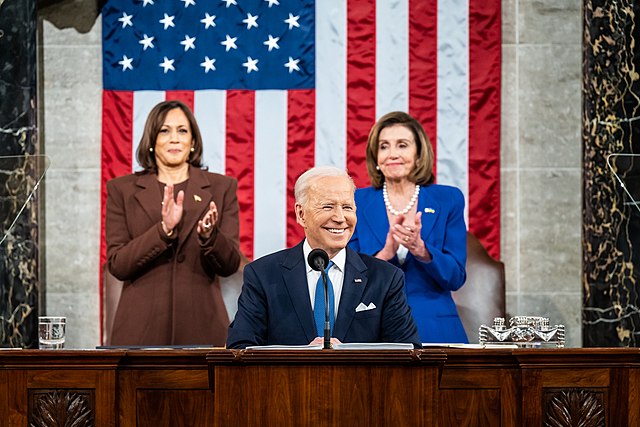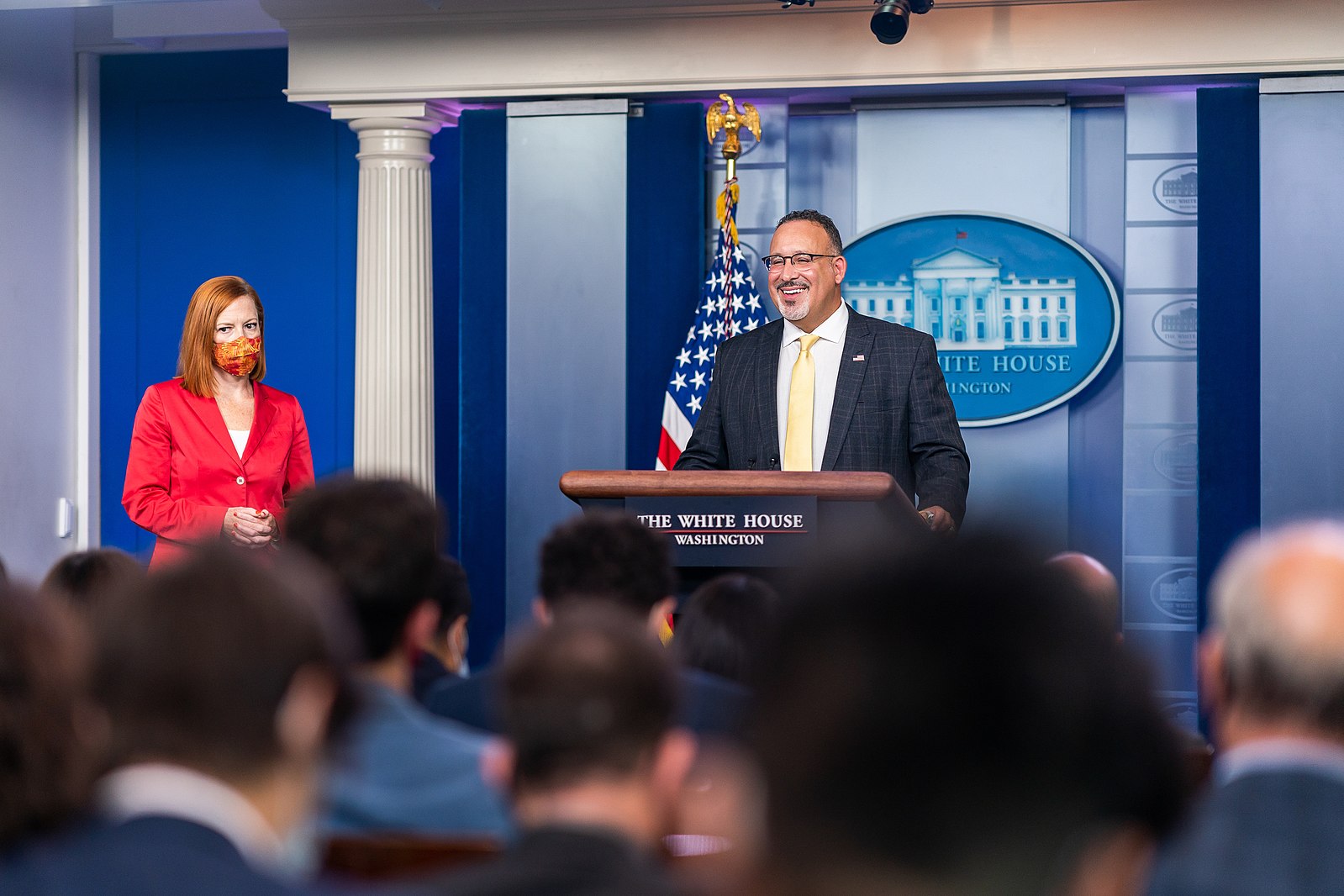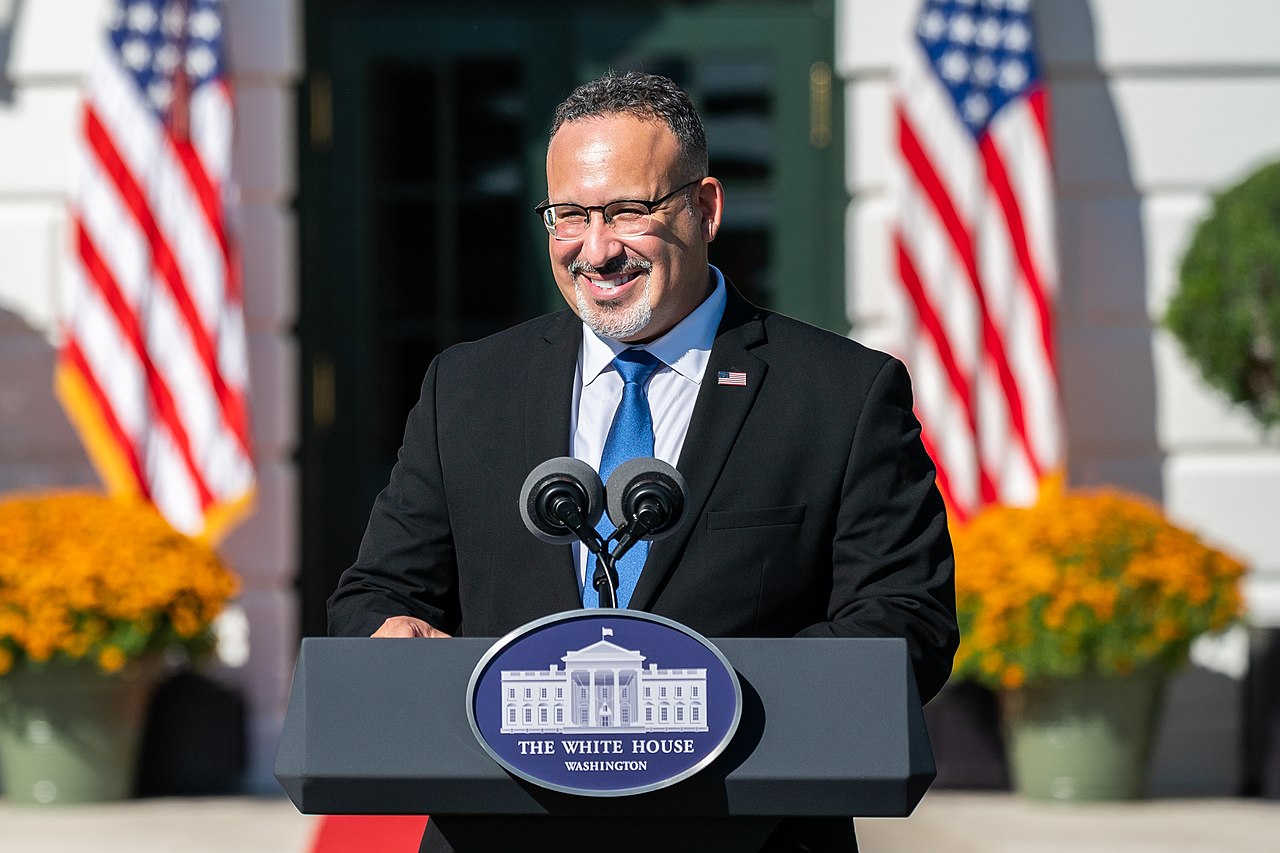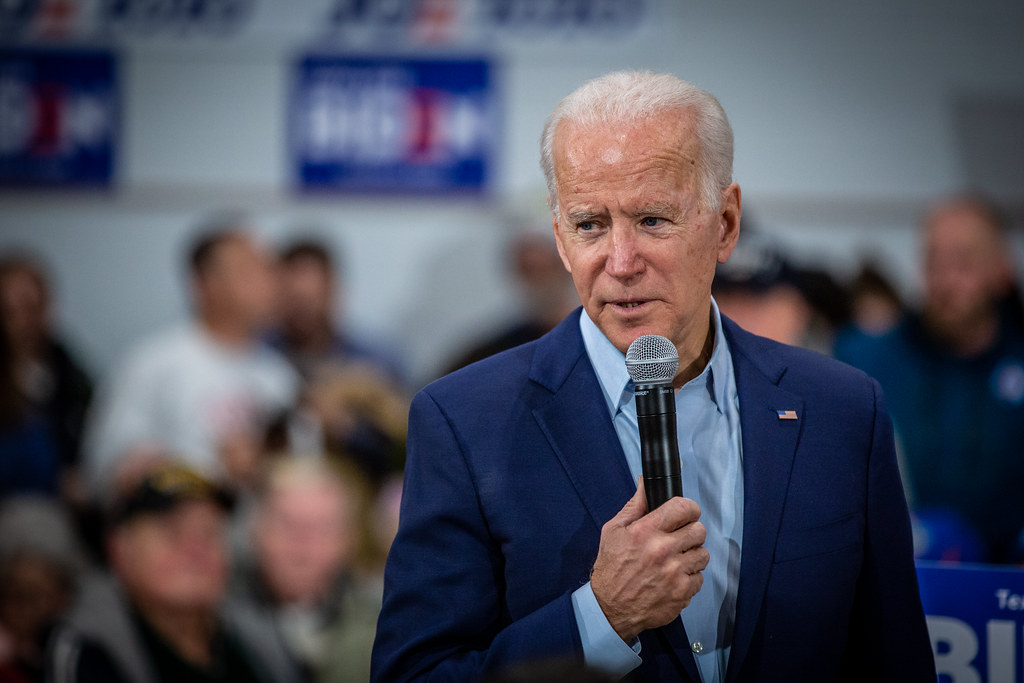Our Blog

March 02, 2022
Dylan Gyauch-Lewis Max Moran Toni Aguilar Rosenthal
Blog Post Corporate CrackdownEthics in GovernmentExecutive BranchFederal ReserveFinancial RegulationIntellectual PropertyRevolving DoorTech
What Can Biden Actually DO From His State Of The Union?
Biden is still married to reviving a long-lost vision of bipartisanship. Never mind that the same Republicans he’s desperate to welcome into the fold literally did not applaud the ideal of bipartisanship he is pushing.
February 23, 2022 | Revolving Door Project Newsletter
To Scare Monopolies, DOJ Antitrust Division Needs Reinforcements
The Department of Justice Antitrust Division is once again stepping up its efforts to tackle the corporate greed that is helping to drive the recent spike in inflation. On Thursday, the Department announced that it would be bringing new scrutiny to supply chain profiteers. This is the latest indication that Jonathan Kanter’s Antitrust division is serious about tackling corporate consolidation and its ill-effects across the breadth of the economy. In recent months, the division has also set its sights on BigTech, shipping and rail, and meat, among other industries. It has simultaneously promised to change its approach to enforcement by bringing lawsuits instead of seeking settlements and begun the process of updating the guidelines it uses to review mergers. Altogether, that’s a big agenda.

February 22, 2022
Making The Antitrust Division Competitive: A Look At Capacity As Biden Revitalizes Enforcement
The Department of Justice’s Antitrust Division (ATR) is, along with the Federal Trade Commission (FTC), the primary regulator of antitrust law and is responsible for ensuring markets’ competitiveness. In that capacity, it investigates corporate consolidation and allegations of collusion and anticompetitive practices that undermine the free market. ATR is also responsible for supervising mergers and acquisitions to ensure that companies cannot establish monopolies. While both ATR and the FTC share this objective, the two divide jurisdiction based on industry. ATR also investigates and prosecutes criminal antitrust violations.

February 22, 2022
Why Sandra Thompson Could Be Biden’s Most Important Housing Policy Nominee
If confirmed to lead the FHFA, Thompson would have enormous power to tackle the affordable housing crisis and address racial equity in housing.

February 17, 2022
New Report Examines Treasury Research Division’s Destruction and Its Consequences for Climate Regulation
Today the Revolving Door Project released a report on the Office of Financial Research’s (OFR) capacity to proactively investigate and inform climate-aware regulation across the federal financial regulatory landscape. This is the fourth installment of our Climate Finance Capacity project, which examines the current state of financial regulation through the lens of the climate crisis. Our prior installments have looked at the role and capacity of the Commodities Future Trading Commission (CFTC), the Securities and Exchange Commission, and the Office of the Comptroller of the Currency (OCC) in crafting a more sustainable financial future.

February 17, 2022
Dino Falaschetti and the Decimation of the OFR
The Office of Financial Research (OFR) was established by the Dodd-Frank Wall Street Reform and Consumer Protection Act in 2010. Charged with providing data, analysis, and research regarding systemic financial risks to the members of the Financial Stability Oversight Council (FSOC), OFR is an integral part of the federal infrastructure for safeguarding financial stability. OFR, while not itself a regulatory body, investigates systemic risks, standardizes the data used across government, and can offer financial regulators a more robust empirical base from which to devise regulations. OFR was designed to address the proven inability of financial regulators in the lead up to the Great Recession to understand dangers before threats turned into devastation.
February 16, 2022 | Revolving Door Project Newsletter
Is Crypto Experiencing Inflation in the Price of Revolvers?
Inflation, it’s all anyone can seem to talk about. With prices rising at their fastest rate in more than three decades, the White House is understandably looking for ways to get things under control. Rhetorically, they’ve pointed their finger at corporate greed, highlighting the stark contradiction between companies’ claims that price hikes are unavoidable and their record profits (which, by definition, mean they can raise prices faster than their costs are rising). Action to follow that diagnosis, however, has been more muted. That is not because they don’t have options at their disposal.

February 16, 2022 | The American Prospect
Bloomberg’s Military Investments Unknown as He Heads to Pentagon Position
I was curious if Bloomberg’s billions of dollars in investments might shed any light on his sudden interest in the Pentagon, so I looked up his financial disclosures from the 2020 Democratic primary. It turns out, they don’t exist.

February 11, 2022
Coalition Letter to Education Secretary Cardona: Withdraw All Oppositions to Student Debt Discharge in Bankruptcy Court
Dear Secretary Cardona:
We are writing today to thank the Department of Education for committing to reform its practices on opposing and appealing student loan discharges in bankruptcy court. Our organizations call on the Department to immediately withdraw oppositions to individuals seeking undue hardship discharges in bankruptcy proceedings while these reforms are being implemented.

February 11, 2022
Advocacy Organizations Ask Education Department to Stop Opposing Student Debtors in Bankruptcy Court
A coalition of 17 advocacy organizations called on Education Secretary Miguel Cardona to immediately withdraw his department’s opposition to student borrowers seeking to discharge their debt in bankruptcy court while the Department reviews its bankruptcy policies in a letter on Thursday. The letter can be read here.

February 11, 2022
Abandon Blue Slips: An Examination of the U.S. Attorneys Office
President Biden campaigned on ambitious reforms to the criminal legal system. Among these promises were key proposals like expanding the use of the President’s clemency powers, reorienting federal prosecutorial priorities, and decentering carcerality in the Federal system. His administration has also promised the public a new focus on white collar and corporate crime as part of a fundamental shift towards systemic accountability instead of individual punishment. Yet, more than a year into Biden’s presidency, many of these promises remain unfulfilled. His Department of Justice (DOJ) – a key tool in the fight for meaningful legal reforms – remains pockmarked by Trump-era officials and lacks the permanent progressive leadership integral to successful reform efforts. U.S. Attorneys’ offices, in particular, remain limited by the standing lack of nominations, confirmations, and stable leadership that persists over a year after President Biden’s inauguration.

February 09, 2022 | Revolving Door Project Newsletter
Compounding Delays Inflict Deep Wounds
The federal government isn’t out from under the reign of Trump-era austerity yet and it looks like it won’t be for at least another month. Congressional appropriators have signaled that they will not have an omnibus spending deal in place by the time the current government funding agreement expires on February 18. They plan to enact a short-term funding agreement through March 11 to buy more time to reach a final deal.

February 07, 2022
The Department of Energy Needs More Capacity To Help Prevent A Dim Future
Addressing the climate crisis on a federal level requires, at minimum, that the agencies and departments of the federal government be fully staffed and equipped to implement and enforce regulations. In the Revolving Door Project’s Climate Capacity Crisis Report, we initially found that the Department of Energy (DOE) had relatively higher staffing levels compared to other agencies, though certainly not enough to fulfill its mandate. As of June 2021, Biden’s DOE had hired 79 more STEM employees than were employed by the department in September 2016, whereas the Department of Agriculture, Department of Interior, National Park Service, United States Geological Survey, and the Environmental Protection Agency all lost STEM employees within that same time period. Despite the DOE’s comparably impressive staffing levels, a recent Washington Post article revealed that the department was struggling to stay on top of mounting work, causing unnecessary problems in their fight against the climate crisis.
February 03, 2022 | Revolving Door Project Newsletter
From Shriveled Enforcement to OLC Opinions, Trump Stench on Exec Branch Remains
It seems that each passing day brings another example of how chronic underfunding of government is threatening the Biden administration’s ability to make good on its promises to the public. On the campaign trail, for example, Biden pledged to hold polluters accountable. But, according to a new analysis from Public Employees for Environmental Responsibility (PEER), Environmental Protection Agency (EPA) referrals to the Justice Department fell to their lowest level in three decades in 2021 and were fully one-third lower than in 2020. A lack of capacity may also be undermining the EPA’s ability to quickly and effectively deploy new infrastructure funds for wastewater and drinking water infrastructure programs, lead pipe replacement, and cleanup of PFAS contaminants.
